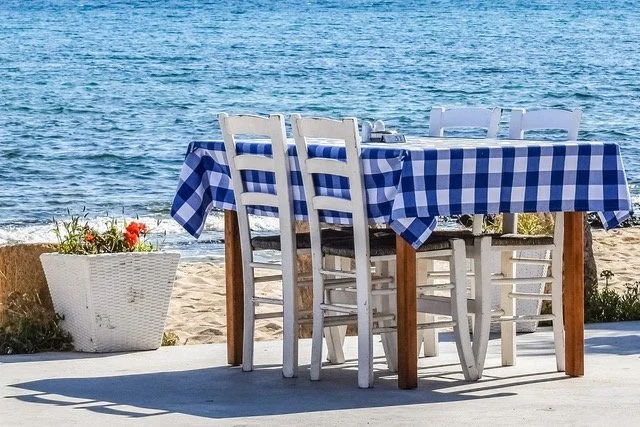Dear Friends,
This evening at dinner in a Palm Beach restaurant, I asked my aunt, who is 98, what she remembered about my mother. Aunt Ruthie is my late father’s sister and my only surviving relative of her generation. She holds memories I fear will be forever lost when she dies so each time I visit, I ask for stories. This evening she told me that shortly after my parents were married, they were having dinner at my father’s parent’s apartment in Chicago. My grandmother had set the table with Rosenthal china, one of the only possessions she had been able to take with her when she fled Nazi-occupied Poland. My mother, struck suddenly by an uncontrollable anger for reasons my aunt does not remember, yanked the tablecloth from the table and sent the china crashing to the floor. “My mother was not fond of your mother,” Aunt Ruthie told me.
Then she asked, her voice dripping with a sudden disdain, “Why do you care? Why do you keep bringing up the past? What good will it do?”
I stiffened with defensiveness. The waitress laid our salads on the table. A TV mounted on the wall behind my aunt broadcast the women’s NCAA tournament, muted. We sat in silence. And I reflected. Why do I care about the stories of my family’s past?
“The stories shed light on the influences that shaped me,” I finally said to my aunt. “They are a way to know who I am.”
My aunt does not consider self-knowledge to be of great value and I expected her to say, “Ecchhh,” as she often does when I mention some activity I’m doing that she considers “Californian.” But this time she did not growl with disdain. She softened.
I have been reflecting on her question to me. Why do I long to know the stories of my ancestors? How to hold the trauma and shame, the disappointments and heartbreaks, the victories and courage that are so often at the heart of these stories? What is the point?
I believe this:
Most of us are impacted by intergenerational trauma in ways we may not fully understand that prevent us from seeing ourselves, one another, and the world clearly. And so we act in ways that are unskillful and perpetuate more suffering. As we tell the stories of our lives, and the lives of our parents and grandparents, and relatives however tragic, however mundane, we uncover layers of meaning that allow us to be more at home with ourselves. We gain insight and we develop the capacity to be more loving, gentle and kind.
As our ability to write skillfully evolves, so does the ability for the stories to provide insights to us. Our devoiton to telling our stories well is rewarded by our stories revealing their layers of meaning to us in return.
I look forward to seeing you in one of my writing workshops! Or at one of my upcoming performances (details in the next newsletter!)
Blessings,
Nina
